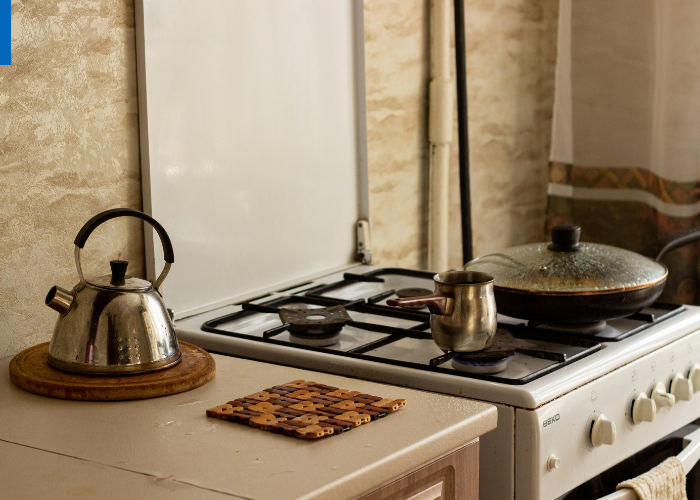Should I Screen Pets?
Just as you would screen any tenant, should you also be screening their pets? In most cases – answer is yes.
What Questions Should I Ask?
When screening potential pets, you’re attempting to establish their history, like any tenant that you interview. While you won’t be asking for their pet’s credit history, here is a list of questions that can be useful to you:
· What breed of pet do you have?
· How much do they weigh; What will they weigh at full maturity?
· Do you have references from past landlords (history of behavior)?
· Any medical history your pet?
You’ll notice that some of these questions can be verified by 3rd parties, like a previous landlord. Medical history can be obtained through chatting with the pet’s veterinarian doctor, who can hopefully attest to the pet’s true personality.
Whatever questions you ask, make sure they are consistent across all your tenants and their pets. Asking your prospective tenants the same questions across the board can help protect you against discrimination claims.

What About Service Animals?
Be cautious when it comes to service animals, or assistant animals. These animals help people with disabilities by performing certain tasks or through providing emotional support. Per their classification, they are not considered pets.
The US Department of Housing and Urban Development released a guide in 2020 to help define reasonable requests for tenants with service animals. For example, it is within reason for a tenant to not pay a pet deposit or fee. Alternatively, not any pet can be a service animal. If you have concerns about a particular pet that is not legal in your state, then you may be able to refuse the pets stay. You can learn more about Service Animal rules on HUD’s website.

Ascent Property Management
Feeling like your property management knowledge isn’t up to snuff? We provide thorough training and unparalleled support to our portfolio managers, property managers, and associate team members to help them achieve “above and beyond” service—because we care!
If you’re in need of property management assistance, you can reach us at 760-994-5037 or info@ascentpropertymanagement.com.




Share this post





